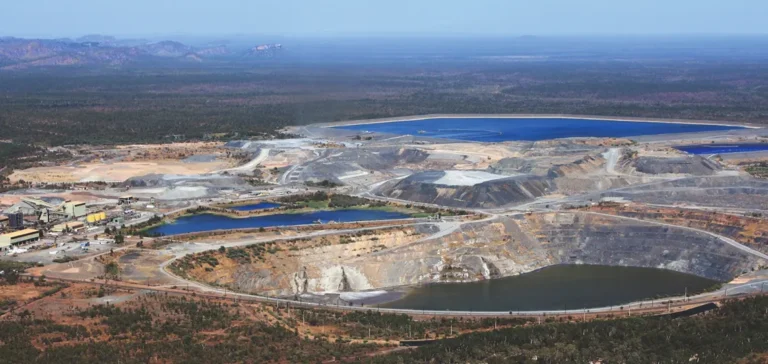Tanzania has begun construction of a uranium processing plant in Namtumbo, the result of a partnership with Russian state-owned company Rosatom. This industrial project, totalling $1.2bn (USD), is intended to strengthen the country’s capabilities in strategic raw materials and increase export revenues. President Samia Suluhu Hassan officially inaugurated the site, in the presence of representatives of the mining industry and local authorities.
Industrial deployment and Tanzania’s ambitions
Operation and management of the plant have been assigned to Mantra Tanzania Limited, a subsidiary of Rosatom. The facility is designed to process around 300,000 tonnes of uranium over a period of twenty years, with large-scale industrial production scheduled to begin in 2026. According to the Ministry of Mines, Tanzania aims to become the third-largest uranium producer on the African continent, behind Niger and Namibia, and to join the world’s top ten producers. The Mkuju River deposit is estimated to contain 139mn tonnes of reserves, securing an estimated exploitation period of twenty-two years.
Economic impact and environmental regulation
The Tanzanian government expects significant revenue through taxes, royalties and the export of processed ore. The State relies on this project to create new jobs, develop local expertise and increase foreign currency inflows. The President reiterated the need to strictly comply with the regulatory framework, instructing Mantra Tanzania Limited to rigorously apply the Environmental Impact Assessment (EIA) and the authorities to strengthen supervision.
Environmental concerns in the Selous area
The project’s location, near the Selous Reserve and Nyerere National Park, has raised concerns among wildlife conservation organisations for more than a decade, particularly regarding elephant migration corridors connecting Tanzania and Mozambique. To address these issues, a 350 sq km area was removed from the reserve and allocated to mining activities. Mantra Tanzania Limited paid $800,000 to the Ministry of Natural Resources to finance anti-poaching efforts and support conservation programmes.
Tanzania continues its strategy of enhancing the value of its mining resources while highlighting the need for strict management of environmental impacts in protected areas.






















